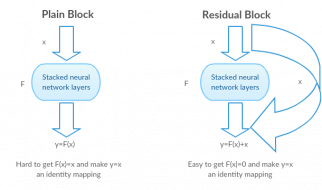
Twitter impressions are the number of times a tweet shows up in somebody?s timeline. That means every time it?s served up, it counts as an impression. Sure, you need impressions for someone to see your tweet, but an impression doesn?t mean it was actually seen.
If it?s in a timeline someone scrolls past, or has it open and refreshes, it counts as an impression.
What you want is engagement. Impressions aren?t visible to anyone but you. Engagement ? likes and retweets ? are public indicators that someone values your tweet enough to interact.
Impressions are something to watch, though. If your tweet averages 100 impressions typically and ? BAM ? suddenly one of your tweets get 4,000 impressions, it?s an indicator that something is happening. Diagnosing why and how your tweet got that kind of notice can help you figure out how to do it again.
Follows.com lists several reasons your tweet might suddenly get more impressions:
Your tweet lined up with a trending topic
An influencer, or someone with a lot of followers, retweeted or replied
Your tweet was mentioned outside of twitter. Readers of that mention will also count as impressions.
Your tweet was featured as a screenshot in a video or image
How to get more engagement
Engage with other people. When you do that, they make see it and re-tweet or publically acknowledge you. Do it enough and they may follow you or comment back. When someone does respond, respond back.
Shorter tweets get more engagement. It?s true, SocialMediaExaminer.com reports that tweets with under 110 characters get 17% more engagement. Shorter tweets make it easier to RT and add comments.
Tweet when people are active on Twitter. There are a myriad of tools that will examine engagement with your tweets and post them at peak times. As a general rule, though, between 8am and 7pm. Don?t forget weekends, too.
Pictures make a difference. So do hashtags and links. A call-to-action, such as asking for a RT increase your odds, but be careful not to overdue it.
You can always use Twitter ads to increase engagement, but that comes at a price.
Think about recycling content. When you find something that strikes a chord, serve it up again at a later date. If there?s value, you can expose it to a different set of people than those who saw it the first time. Remember, Twitter is a fleeting medium. Here now, gone now. If people weren?t watching their stream when you first posted it, they never saw it.


